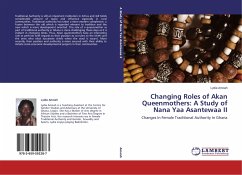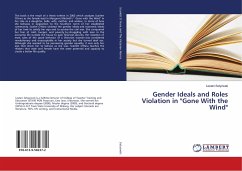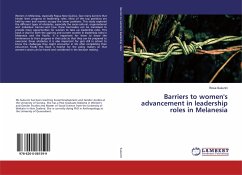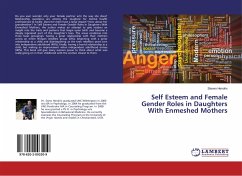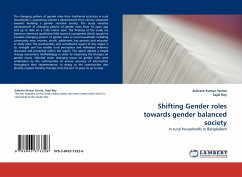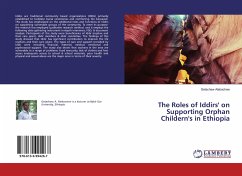Traditional Authority is still an important institution in Africa and still holds considerable amount of space and influence especially in rural communities. Traditional authority has taken a more modern complexion: a fusion between the old which is regarded relevant to tradition and the new which is more development oriented. The role of a queenmother as part of traditional authority in Ghana is more challenging these days as it is evident in changing times. Thus, Akan queenmothers have an interesting role to perform with regards to their position as co-rulers to the chiefs and the ones who elect successive chiefs when the stool is vacant. More recently, their position and authority is more secured with their ability to initiate socio-economic developmental projects in their communities.
Bitte wählen Sie Ihr Anliegen aus.
Rechnungen
Retourenschein anfordern
Bestellstatus
Storno

